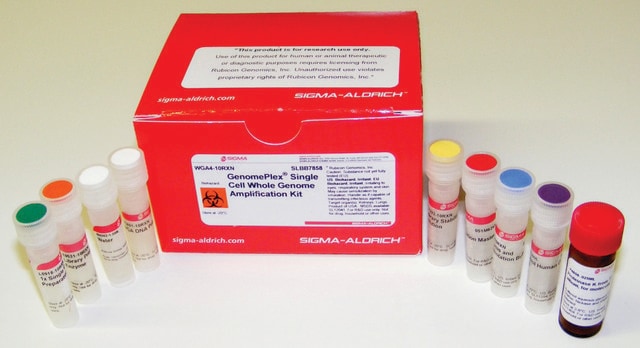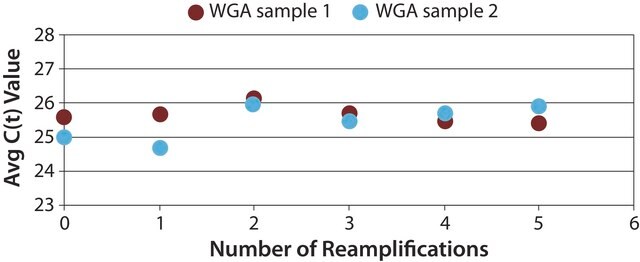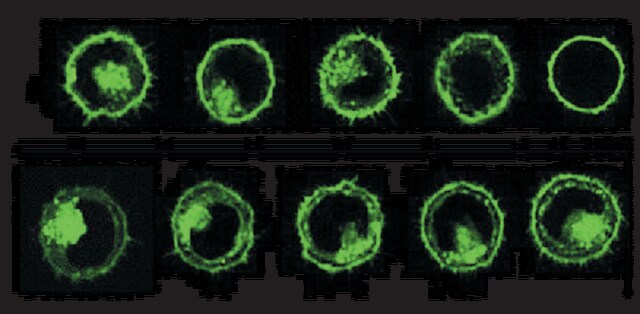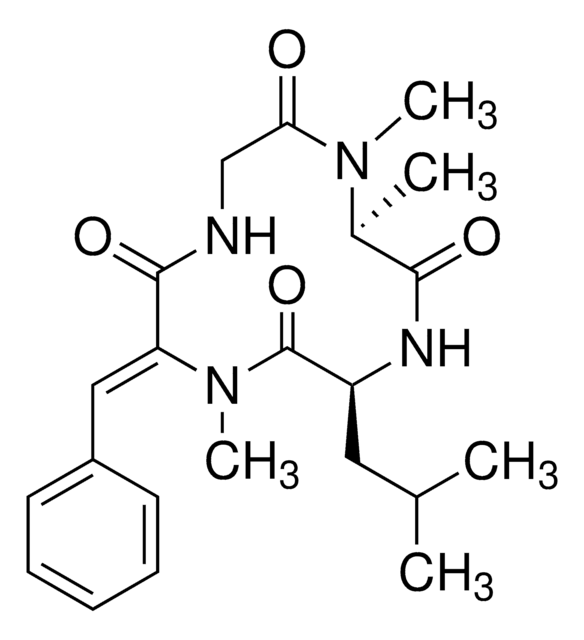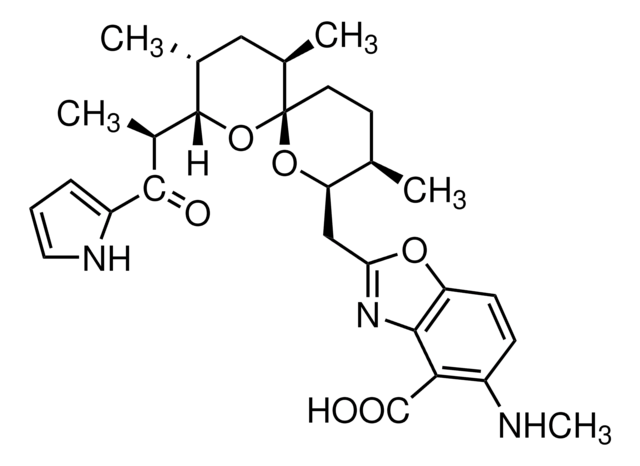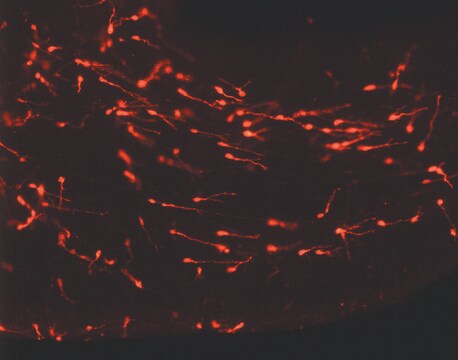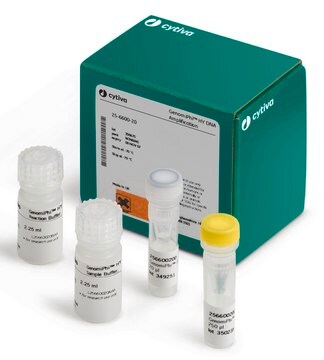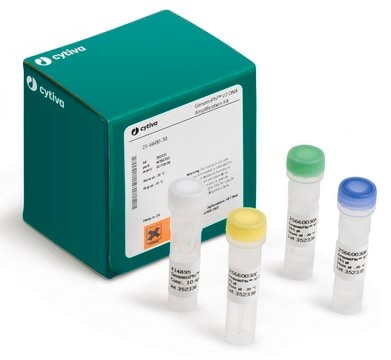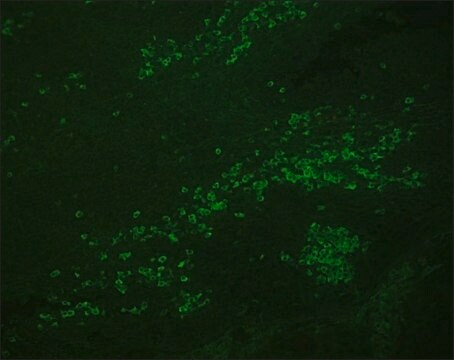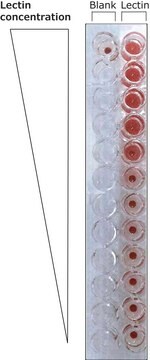推薦產品
一般說明
WGA试剂盒采用基于基因组 DNA 随机片段化的专有技术,并将产生的小片段转换为两侧有通用引物结合位点的 PCR 可扩增文库分子。 WGA是利用通用寡核苷酸引物对文库分子进行PCR扩增获得的。
GenomePlex 方法让研究人员可以生成具有代表性的、约 500 倍扩增的基因组 DNA 。 扩增产量取决于纯度和起始原料的量。该试剂盒含有进行文库制备和片段化需要的所有试剂。
應用
特點和優勢
- 以最少的模板获得更高的产量: 在三小时以内将纳克量(10ng)的基因组DNA扩增为微克产量(5-10 μg)
- 纳克量样品可在–20 °C下保存备用
- 从各种DNA来源中选择:全血、口腔拭子、 血卡、植物、土壤、福尔马林固定石蜡包埋组织(FFPE)
- 兼容各种下游应用,如TaqMan®和BeadArray 测定
- 通用引物
- 表达全基因组,没有可检测的偏差
- 增加的扩增准确性不会在阴性对照反应中产生扩增子
其他說明
法律資訊
推薦
儲存類別代碼
10 - Combustible liquids
水污染物質分類(WGK)
WGK 3
閃點(°F)
Not applicable
閃點(°C)
Not applicable
分析證明 (COA)
輸入產品批次/批號來搜索 分析證明 (COA)。在產品’s標籤上找到批次和批號,寫有 ‘Lot’或‘Batch’.。
客戶也查看了
條款
Archived formalin-fixed and paraffin-embedded (FFPE) tissue collections represent invaluable resources for studying pathogenesis of cancer and a variety of other diseases.
Genomic DNA from soil samples can be easily damaged by nucleases and contaminating debris resulting in low DNA yields. As a result, the researcher’s ability to perform downstream analysis may be compromised. After isolating DNA from the soil sample, the GenomePlex® Whole Genome Amplification Protocol is followed
This protocol provides a simple and convenient method to isolate, amplify and purify genomic DNA from saliva
Whole blood is a common source of material used to perform genetic analysis. Many times genomic DNA isolated from whole blood samples is of low yield. This protocol is a simple method to isolate DNA from fresh or aged whole blood products. Once the DNA is isolated, it can be amplified using the GenomePlex® Whole Genome Amplification protocol.
相關內容
GenomePlex is a Whole Genome Amplification (WGA) method that allows the researcher to generate a representative, 500-fold amplification of genomic DNA
GenomePlex® Whole Genome Amplification is the method of extracting DNA from the animal sample. GenomePlex® products have been used to amplify genomic DNA from chicken, porcine, bovine, fish, and shrimp source.
GenomePlex® Whole Genome Amplification is the method of extracting DNA from the animal sample. GenomePlex® products have been used to amplify genomic DNA from chicken, porcine, bovine, fish, and shrimp source.
我們的科學家團隊在所有研究領域都有豐富的經驗,包括生命科學、材料科學、化學合成、色譜、分析等.
聯絡技術服務
